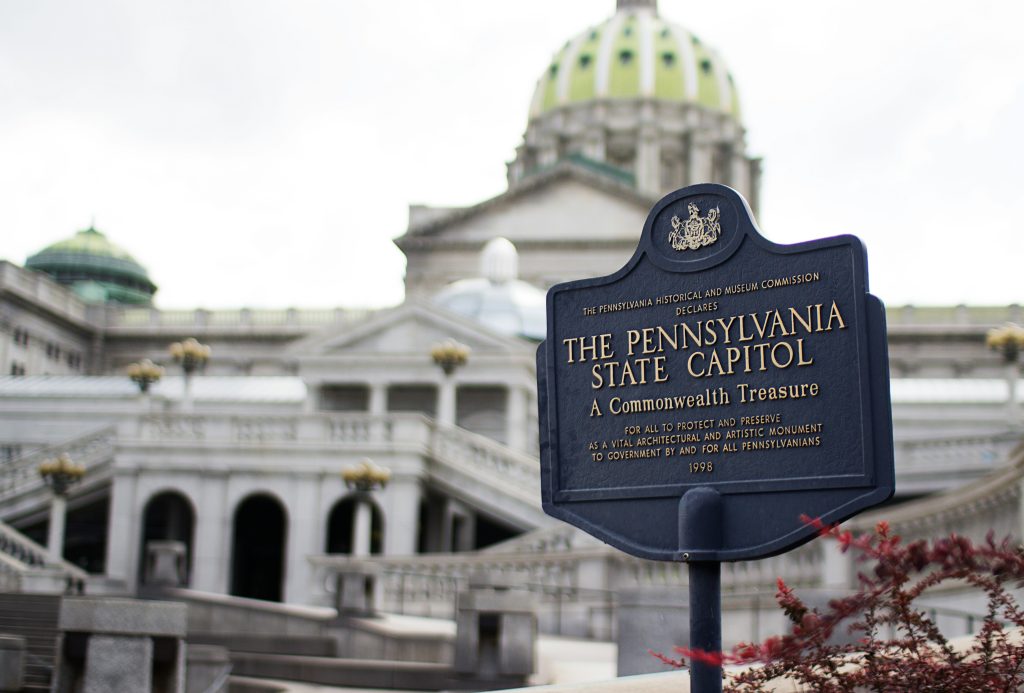Although an order to block the FTC’s non-compete ban was issued, it was rejected in Pennsylvania federal court.
It was blocked because they ruled that the employer’s argument was an improper exercise of the agency’s authority, which conflicts with a ruling issued by a Texas federal court earlier this month. This creates more confusion for employers preparing for the rule to take effect.
The Non-Compete Ban
The Federal Trade Commission’s goal is to upend the world of non-competition agreements with a rule that would block businesses from enforcing most non-competes and require employers to provide notice to current and former workers that their non-competes are no longer valid.
The Texas Lawsuit
A few weeks ago, the U.S. Chamber of Commerce and others joined a lawsuit filed by an employer seeking to block the rule from taking effect in Texas. Although it was technically successful in Texas, the court refused to issue a nationwide injunction. It stated that the ruling only applies to the five Texas entities that sued the FTC and no one else.
The Ruling in Pennsylvania
Hoping for similar results, those who filed a claim in Pennsylvania were disappointed.
They filed a claim attacking the non-compete rule, just like Texas, but the results were very different. The judge rejected all arguments; for example, the employer argued that the FTC lacked the authority to issue substantive rules that prevent unfair methods of competition. However, the judge concluded the text of the FTC Act empowered the FTC to make both procedural and substantive rules.
Additionally, another argument was that the employer expressed concern that it could lose proprietary business information if their workers were free to join competitors. In response to this, the judge pointed to the fact that it could deploy permissible alternatives to address such a concern, such as non-disclosure agreements.
What to Expect Next & How Employers Can Prepare
Another challenge is pending in a Florida federal court, which could possibly produce a nationwide injunction; however, it’s hard to tell with how different things panned out in Texas and Pennsylvania.
Therefore, it’s best to prepare for the September 4, 2024 effect. Here’s what employers can do to prepare for compliance:
- Develop a personalized strategy plan
- Use the next six weeks to take stock of everything
- Begin plotting alternatives, just in case
- Don’t ignore other restrictive covenants
- Get your trade secrets house in order


